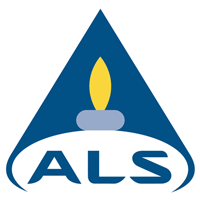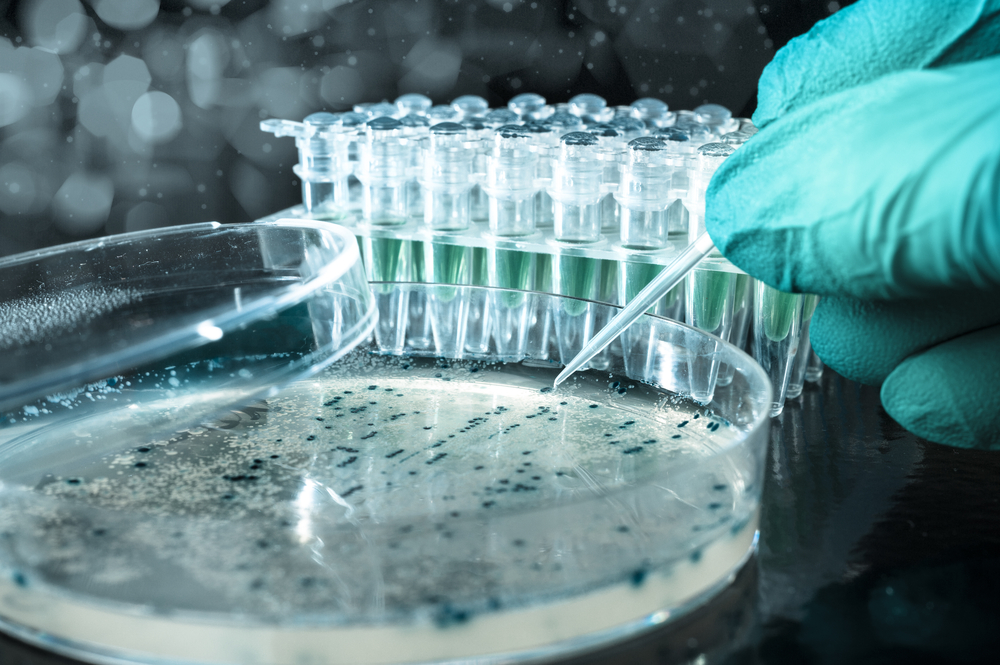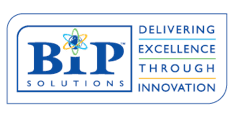
ALS Environmental extension to scope granted by UKAS
ALS Environmental are delighted to announce that our extension to scope has been granted for Pseudomonas aeruginosa and TVC in endoscopy and dialysis waters.
We have satisfactorily submitted our request to UKAS and we can now confirm that we have accreditation for these tests in this matrix type. Endoscopy and dialysis waters are considered to be part of our recently defined ‘Ultra-Pure waters‘ matrix.
To see our updated UKAS schedule of accreditation, please click here.
Pseudomonas aeruginosa are opportunistic pathogens that are a significant risk to patients who immuno-compromised, due to its ability to grow in very low nutrient aqueous environments. TVC (Total Viable Counts) gives a quantitative idea about the presence of micro-organisms such as bacteria, yeast and mould and gives a result of colony forming units (cfu) in the sample.
ALS understand the need to keep bacteria in healthcare settings under control and ensure that the risk to patients is minimal. Our laboratory in Coventry is UKAS accredited to offer HTM guidance analysis for Pseudomonas aeruginosa (HTM04-01 parts A, B & C) and Endoscope analysis (CFFP01-06).
Coventry Operations Manager Pervinder Johal comments: “ALS Environmental continues to expand its UKAS scope in terms of accredited tests and methods available in the Environmental and Healthcare testing markets. This ensures we provide accredited results to help safeguard Public Health. We are continually looking to increase the level and scope of service we can offer this industry.”
Pseudomonas aeruginosa and TVC are just some of the microbiological testing required in healthcare facilities. ALS are able to assist our customers in other types of analysis including Legionella, Cryptosporidium and ESKAPE pathogens.
Legionella pneumophilia is the bacteria that causes Legionnaire’s disease and this displays flu-like symptoms. ALS are able to analyse your samples for Legionella by either the standard culture method or by the PCR (Polymerase Chain Reaction) method. Cryptosporidium is a waterborne, protozoan, parasitic human pathogen and can cause many distressing ailments.
Legionella is not the only risk in healthcare facilities for vulnerable patients. ESKAPE pathogens are also of concern, they tend to be antibiotic resistant and can pose a high risk of infection from contaminated water. ESKAPE pathogens are detected by our ground breaking identification technique, known as MALDI-ToF technology. Using MALDI-ToF we are able to provide confirmation of the ESKAPE pathogens, including Pseudomonas aeruginosa, within minutes rather than days by using previous traditional methods.
Click here for our technical datasheet about the ESKAPE Pathogens to find out more.
To find out more about ALS Environmental’s Pseudomonas aeruginosa, TVC, Legionella, Cryptosporidium and ESKAPE analysis, please contact us, or call the team on 02476 421 213.






